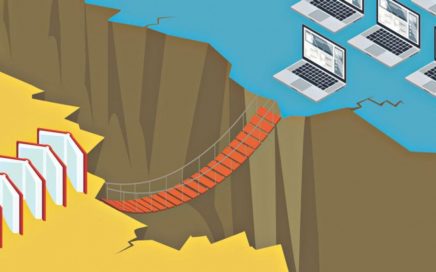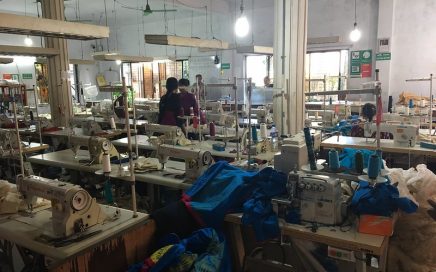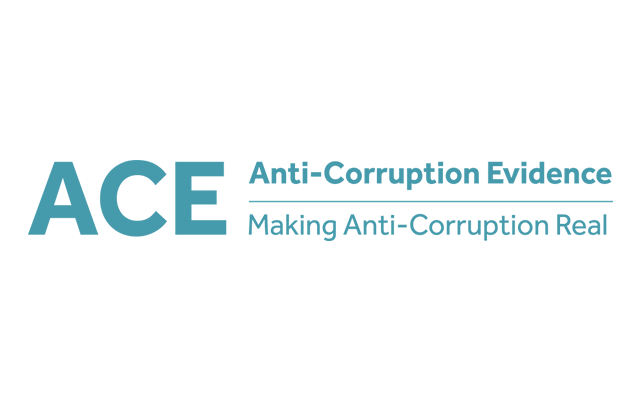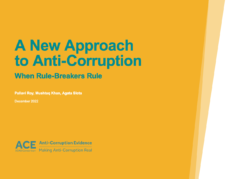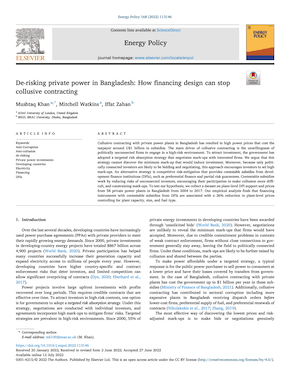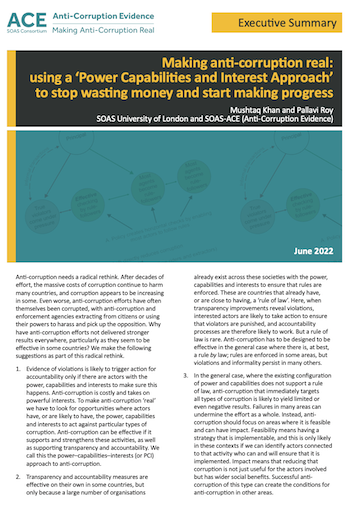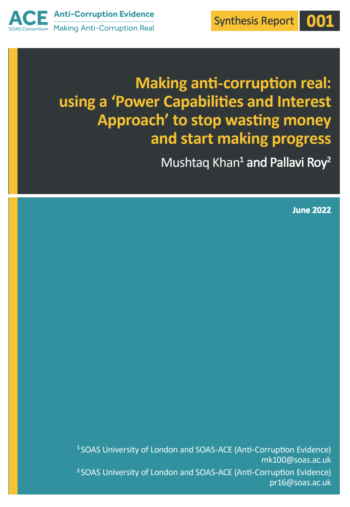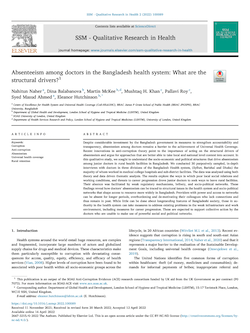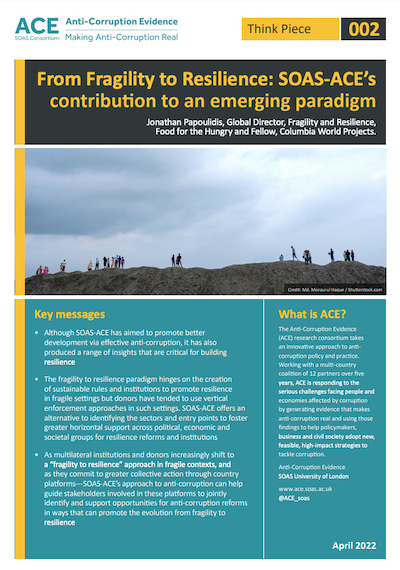
Bangladesh
Bangladesh has achieved sustained growth acceleration since the 1980s and significantly reduced poverty, thanks to multi-party competition and private investor confidence. An important growth sector has been manufacturing, where millions of jobs have been created in industries like garments and textiles.
However, Bangladesh also suffers from chronic problems of poor governance that results in political crises e.g. the boycott of the 2014 election by the opposition BNP, high levels of corruption and poor regulation. Private investments have been dampened, which have been compensated to some extent by higher public investments and subsidies to sustain private investments. The country must sustain high growth if it is to eradicate poverty and reach middle income status.
Power generation and infrastructure construction have increased in recent years but at high costs, signalling the involvement of politically connected companies and high margins. The development of sectors like electronics, light machinery, pharmaceuticals, and shipbuilding has been constrained by weak regulatory capacities. Banks have lent to politically connected companies and banking scams have resulted in growing non-performing loans.
Skills training programmes, agricultural programmes, education, and health are all affected by corruption and weak governance. Unless cost efficiency can be achieved in these areas, growth may not be sustainable.
Bangladesh’s efforts to tackle corruption – signing the UNCAC, establishing an Anti-Corruption Commission and carrying out widespread anti-corruption efforts with mass arrests and prosecutions of businessmen and politicians – have achieved limited results.
ACE’s approach explains why these ‘vertical’ enforcement efforts do not yield good results in countries like Bangladesh on their own. ACE looks for sectoral anti-corruption strategies using ‘horizontal’ support for enforcement in critical sectors like health, power generation, land markets, skills delivery, industrial regulation, and infrastructure investments.
We are working closely with business, civil society organizations and the government’s Anti-Corruption Commission to disseminate and utilise our findings.
Image credit: Dhaka City/Chayon (Creative Commons/Flickr)
Projects in Bangladesh
Publications
Who is absent and why? Factors affecting doctor absenteeism in Bangladesh
Absenteeism by doctors in public healthcare facilities in rural Bangladesh ...
Collusive Pricing in Solar Power in Bangladesh: Mapping Informal Processes and Corruption Risks
We mapped the formal and informal processes involved in contracting ...
The Persistence of Informal Practices and Payments in Digitalised Government Services: A Scoping Study of Trade Licensing in Bangladesh
Digitalisation of government services in developing countries is often heralded ...
The overpricing of medicines in Bangladesh: Quality certification as an effective anti-corruption tool
In Bangladesh, as in many developing countries, the absence of ...
A New Approach to Anti-Corruption – When Rule-Breakers rule
This toolkit provides a step by step guide to analysing ...
De-risking private power in Bangladesh: How financing design can stop collusive contracting
Highlights: Private power investors face high risks in places where ...
Summary: Making anti-corruption real: using a ‘Power Capabilities and Interest Approach’ to stop wasting money and start making progress
Anti-corruption needs a radical rethink. After decades of effort, the ...
Making anti-corruption real: using a ‘Power Capabilities and Interest Approach’ to stop wasting money and start making progress
Anti-corruption needs a radical rethink. After decades of effort, the ...
Absenteeism among doctors in the Bangladesh health system: What are the structural drivers?
Despite considerable investment by the Bangladesh government in measures to ...
From Fragility to Resilience: SOAS-ACE’s contribution to an emerging paradigm
Although SOAS-ACE has aimed to promote better development via effective anti-corruption, it has also produced a range of insights that are critical for building resilience.


